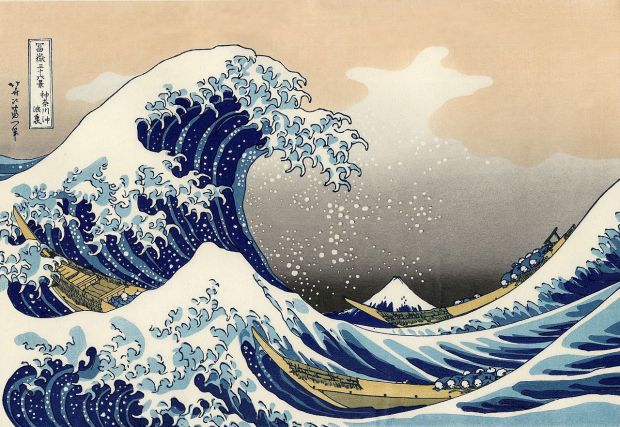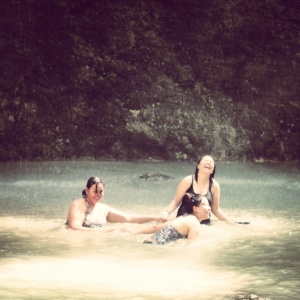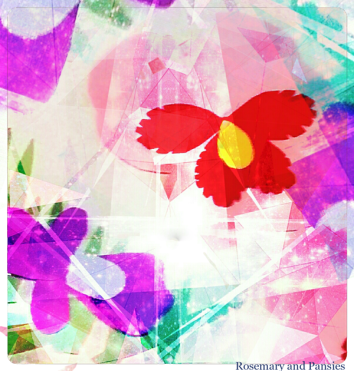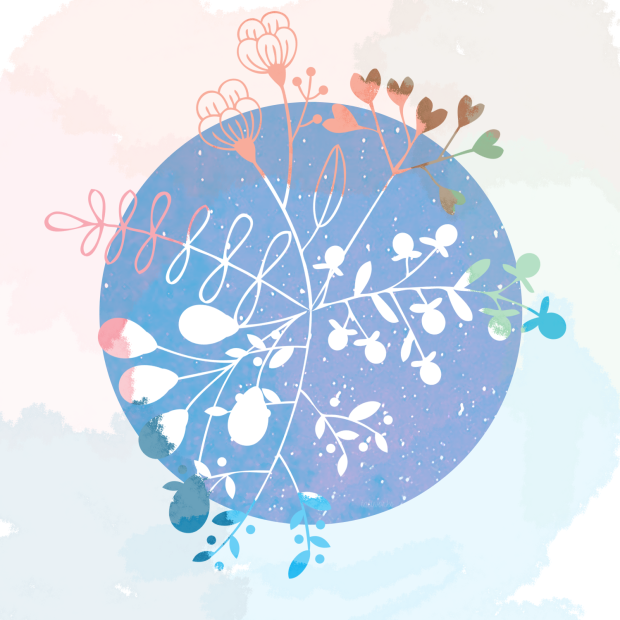
We can look at life in this very simplified way: there are two major forces that shape one’s life: luck and choices. This is nothing groundbreaking. It’s true that our luck and our choices affect each other, but that would be an altogether different (but very interesting) discussion. For the purposes of this post, let’s stick to a slim distinction between the two.
Luck, simply put, are things we did not choose. Sometimes luck takes form as the irreversible truths of our history: our genes, where and when we were born and raised; who our parents were and how they have raised us; the culture, the politics, and the conflicts of our age. The consequences of these will last us until the end of our days.
We know that life’s playing field is not equal and it’s simply because we never start at the same place. The easiest way to demonstrate this is economically. A child raised by elite parents will likely become an elite adult himself. As he grows up, he gets the best nutrition to aid his forming brain. He is schooled in the best institutions in the country. He has all the time to study because he doesn’t have to till the fields or anything. He will be smart and know many things. His friends are the elite children of his country– people who will eventually occupy critical positions of power. He is influenced by his social spheres’ “successful” tastes, perspectives, and attitudes. The ‘success’ or the ‘correctness’ of these dispositions seem to be evidenced by the attendant economic plenitude of those who hold them. He is set up for “success.”
A child raised by poor parents aren’t as likely to become as rich as the first child. It’s not necessary to spell out the analog. Not to say that poorer people don’t have the chance, but that their chances are significantly slimmer.
Sometimes, luck also manifests in the gears that shift around us, without our consent or participation. They affect us nevertheless: we chance upon this book, movie, or stray kitten; we find each other, in the many senses of finding; we lose each other, in the many senses of losing; and examples like these, to infinity.
This we know. This we all know. Our history and our facts are something we have to make peace with, at the very least. The hope is that we go beyond that acceptance. Hopefully, we learn how to love this particular spot of grass whence we witness the stars.
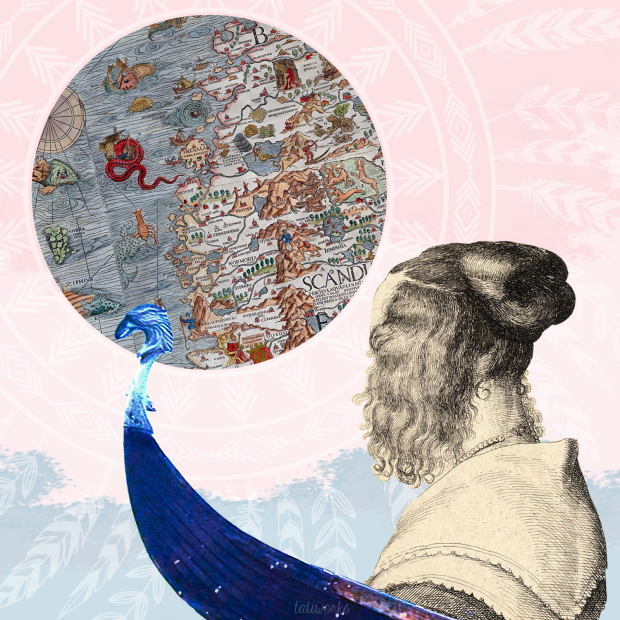
Then, there are our choices.
It’s been six years since college ended, and it’s been ten since high school. My peers and I have entered into our mid-to-late twenties and now that we have traveled farther apart in time and in choices we see begin to see differences very clearly. From a TED talk I watched a few months ago, I note this beautiful metaphor:
Twentysomethings are like airplanes just leaving LAX, bound for somewhere west. Right after takeoff, a slight change in course is the difference between landing in Alaska or Fiji. – Meg Jay
Classmates and old friends are really fantastic groups for comparison. It’s because, somehow, you leave from the same airport. There is no stronger reference group than the people with whom you shared a significant and formative era of your lives. At one point, they weren’t too far from you. There were enough significant similarities that have allowed life to lump you together (same age, geographic location, socioeconomic status, etc).
This is where the cruelty of Facebook starts: because you are given easy access and reminders of the apparent successes of your peers, you see achievements and lifestyles which you think could have been yours if you weren’t so goddamn (insert insecurity here) or if you had (insert lacking resource here).
I’ve always been fascinated about growing up and aging, and even some of my writings when I was twenty was about how people will change in a few years. I’ve pay attention to how things have changed, and how they stay the same, how we repeat our patterns, how we decay, and how we are able to push through. Recently, the distances have stretched so far it incontrovertible and possible even in-convertible. What really fascinates me now is how far these trajectories have taken all of us. There were people who, at one point in time and space, shared a slow and sleepy Wednesday afternoon listening to Filipino poetry. Now we have exploded all over the world.
How we have spent our time. How we have taken on the world. How we have nourished ourselves and others. With whom have we spent our time. These are the habits and the decisions we make everyday, these are how we style our lives. It spells the difference between gaining or losing twenty pounds, the state of your skin, the people who stay, your work, your creative life, your attitude, the speed of your thoughts. It is is the distance between Bangkok and Calgary. Our lives is the payment for the choices that we make.
One lesson I never forgot was a Great Books class on the Inferno. In Dante’s Inferno, the particular fate of the souls in hell are not arbitrary punishments meted by an accountant God. It is the full realization of their choices, their sin. The lovers in the second circle of hell are perpetually besieged by winds, which is truly the torrents of lust and passion. Deeper in Inferno are the ones who have committed suicide. They have found ‘incarnation’ as trees while their human corpses hung from the branches. They could never return to they bodies which they rejected in their self-destruction. Satan, half-frozen in the deepest circle of hell, is devouring three sinners. It’s really a poetic way of showing selfishness. Everything revolves around you, and there is no one else bit you.
Which brings us to point: there is no need for a retributive eschatology. We need not wait for our reward or punishment after we die. Our lives are the payment for the choices that we make.
I’ve grown to admire people who endure and persist in their choices. Their silent efforts are beginning to bloom in sight. Our doctors and our lawyers are freshly born into our workforce. A shy sometime-friend in high school is now a semi-famous Cosplayer, with a lot of cool pictures to boot. And how can we forget to mention the people who plunged fiercely into a healthy lifestyle.
A highschool batchmate published a book of short stories (so jealous, but I haven’t even written anything in years). Some former classmates have entered into the academe. They weren’t the geniuses in class. They have silently kept on digging to find themselves at admirable depths.
In a conversation with my friend S., she stressed the importance of commitment to what you are doing, to your choices. Mag-taya, she said. That means giving your all to something even if it sometimes feels frustrating or pointless. It is with the same courage that you examine the value of your something. If it is truly pointless, summon the courage so say no to it. Quit it so you can say yes to something else.
From Sartre, ever unremitting in his call for authenticity, we learn that we must not shirk from the responsibility cast upon us by our freedom. Authenticity consists in knowing that our lives are as we have molded them. To be authentic is not to dwell on dreams but in actions; it is not to hide behind excuses but to own up to the disappointing parts of ourselves. It is not because our parents have failed to raise us the way we ought to be raised; it is not because the world has failed to love us the way we ought to be loved.
I always thought that this philosophy is too harsh and unrealistic; especially because there are matters in our lives that are really beyond our control (see section above). For instance, it’s unreasonable to hold a child entirely accountable for how his life goes. A ten-year old can blame his parents for ‘fucking up my life’ but when you’re pushing forty and still singing the same tune…
Sartre’s sentiments ring truer as we get older. We’re getting older.
What I learned recently is this: our choices don’t invalidate what is ours because of luck. But they tip the playing field to make it a little more even. And, really, they are all we can be proud of.
